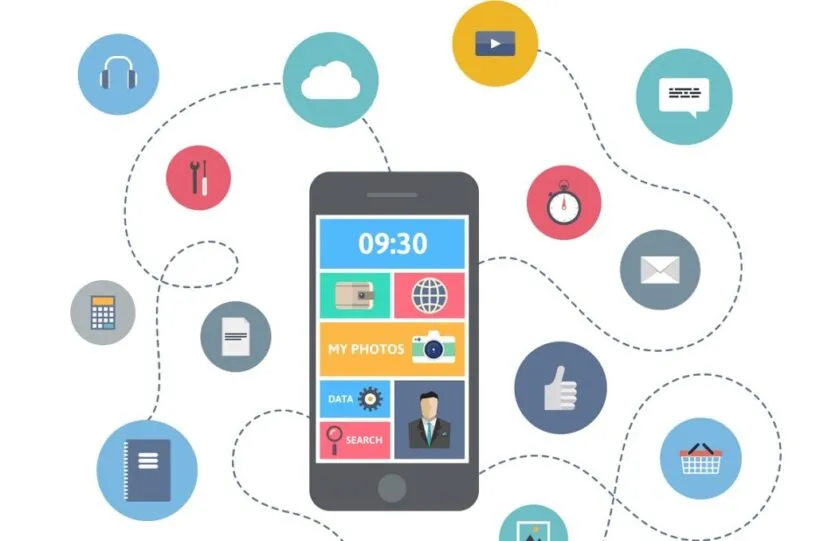Time for Pharma to Catch Up With the FDA

Apple’s ResearchKit app development platform present a promising new path forward for pharmaceutical sponsors seeking more efficient trials, higher patient engagement, and deeper clinical insights. However, many clinical trials sponsors still seem to have doubts about regulators and their posture towards clinical study data that doesn’t come from using decades-old methods and practices.
This perspective, combined with the industry’s sentiment that the federal government’s policies perpetually lag behind innovations pioneered by the private sector has resulted in a vicious cycle of stagnated progress – until now.
Leonard Sacks, acting deputy director of the FDA’s Center for Drug Evaluation and Research, often discusses the FDA’s regulatory policies on clinical trials in public. He spoke recently about regulatory considerations for biosensors in clinical trials at a New York Academy of Sciences event on mobile health (mHealth). In his presentation, Dr. Sacks provided an overview of the current regulatory landscape, explained how the FDA’s 2013 eSource Guidance has influenced the industry and provided his perspective on where technology should take clinical research.
According to Dr. Sacks, the FDA has taken a critical look at the clinical trial process and some of its more significant problems, including informed consent forms, which he described as “very clumsy [paper] docs… they’re full of legalese… and in the end, they’re not a very efficient way of communicating. Why don’t we use audio/visual tools?”
In addition, Dr. Sacks believes unobtrusive measurement and electronic data transmission have great potential for the pharmaceutical industry, such as being able to enroll geographically diverse patients on a remote basis.
The FDA official foresees new technology being used for physiological measurements, performance scores and patient reports that allow drug developers to gather new types of data to support drug approval applications.
As an example of what the future may hold for clinical trials, Dr. Sacks pointed to a recent Parkinson’s disease study where patients wore triaxial accelerometers that monitored their movement over the course of three days. The researchers tracked walking segments lasting over a minute to look at parameters such as number of steps, variability in the speed and rhythm of gait, and if any of the patients fell while they were walking.
The researchers found “significant correlations between the variability of the gait and the predicted time it would take patients to fall.” This conclusion would have been difficult to reach without a sensor providing continuous monitoring, and the results point to a way to help reduce risk of falls and the associated high costs in the future. As Dr. Sacks sees it, “The input [from mHealth technology in trials] really does have clinical meaning.”
The FDA is supportive of modernizing clinical trials and encourages pharma to explore new approaches while maintaining due diligence to ensure good clinical practice and patient safety and privacy. With this in mind, the FDA’s regulators are sending a clear message that they don’t want to lag behind the private sector when it comes to adopting mobile health technology. Instead, pharma may need to start catching up with the FDA.
This article originally appeared on our Forbes MedidataVoice channel.
Contact Us
